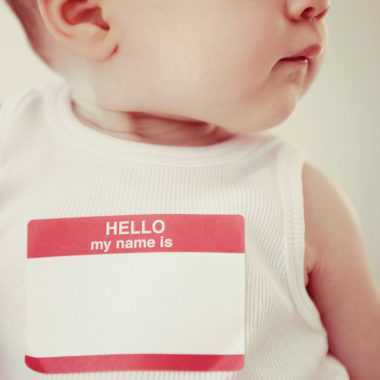Why Do We Use Euphemisms For Certain Body Parts?
by Rachel Bradley Ah, childhood, those halcyon days when you chewed on a stuffed Mr. Snuffleupagus and cruised the driveway in your foot-pedaled convertible. Childhood was also the time when, hopefully, you learned how to peepee—with your wee wee, weenie, peenie, winkey, giney, or jay-jay. Ring any bells? Those goofy names remind us that childhood is also when our private parts are often given cutesy …











